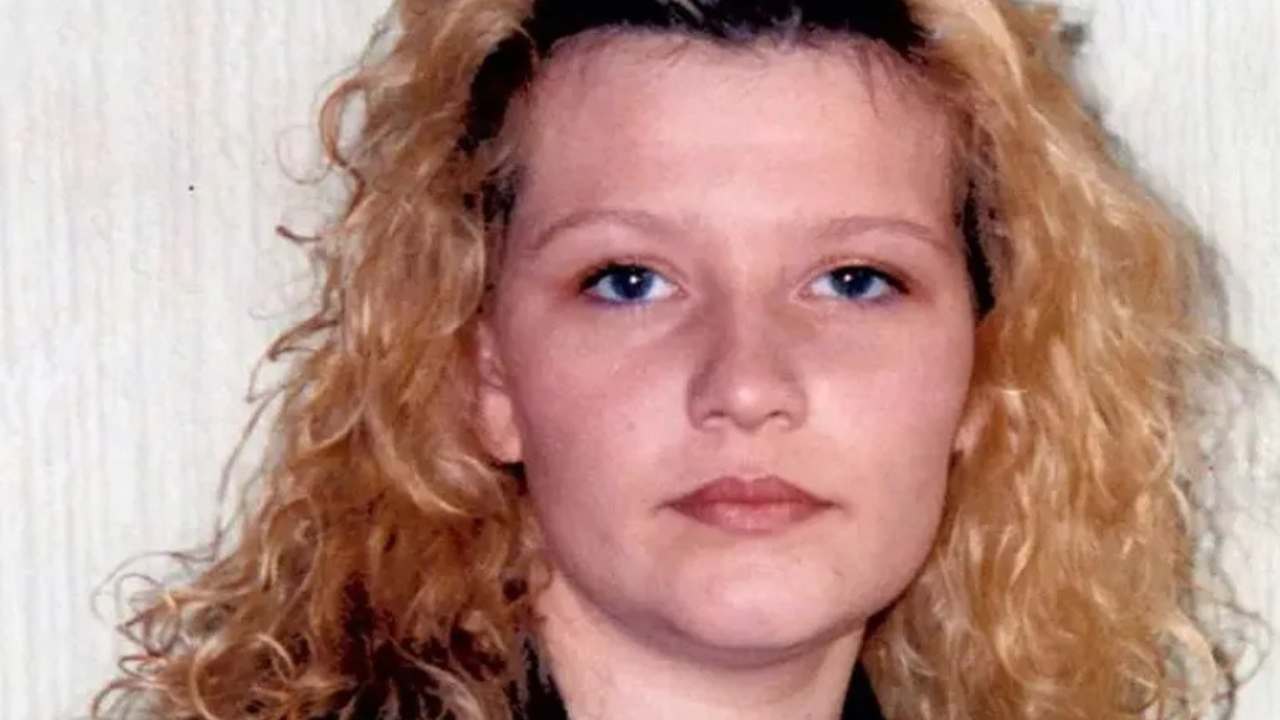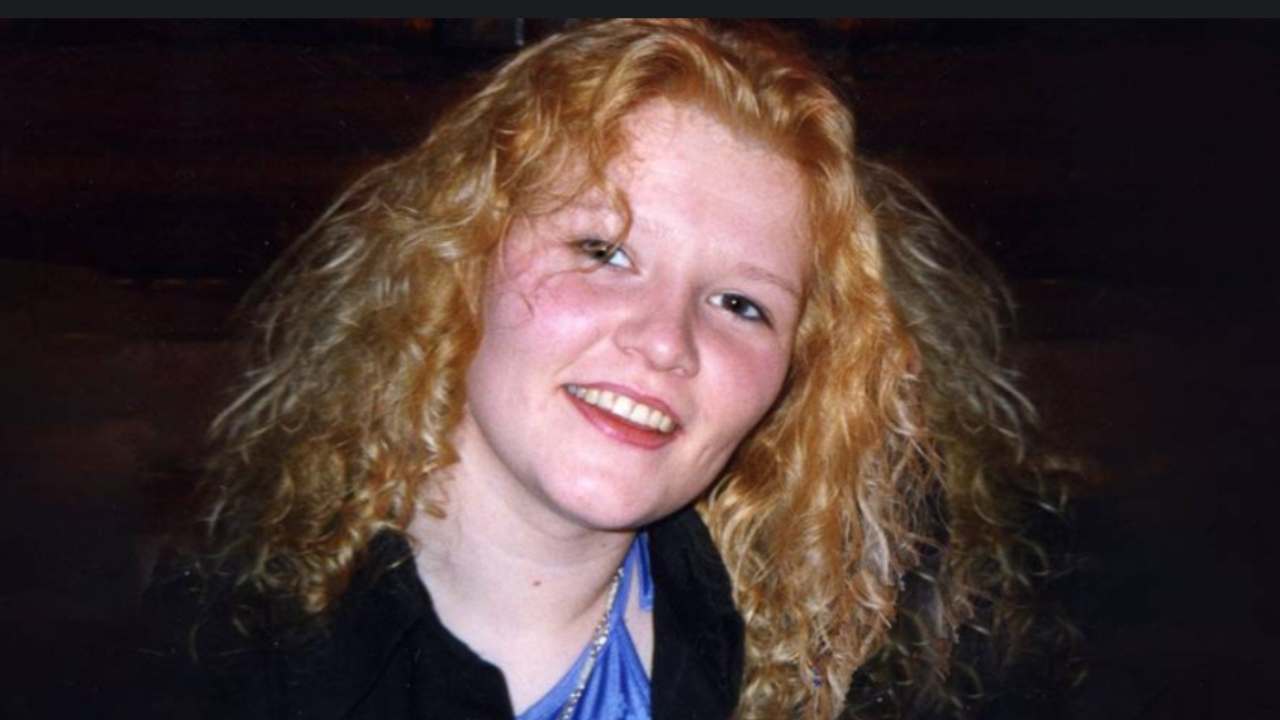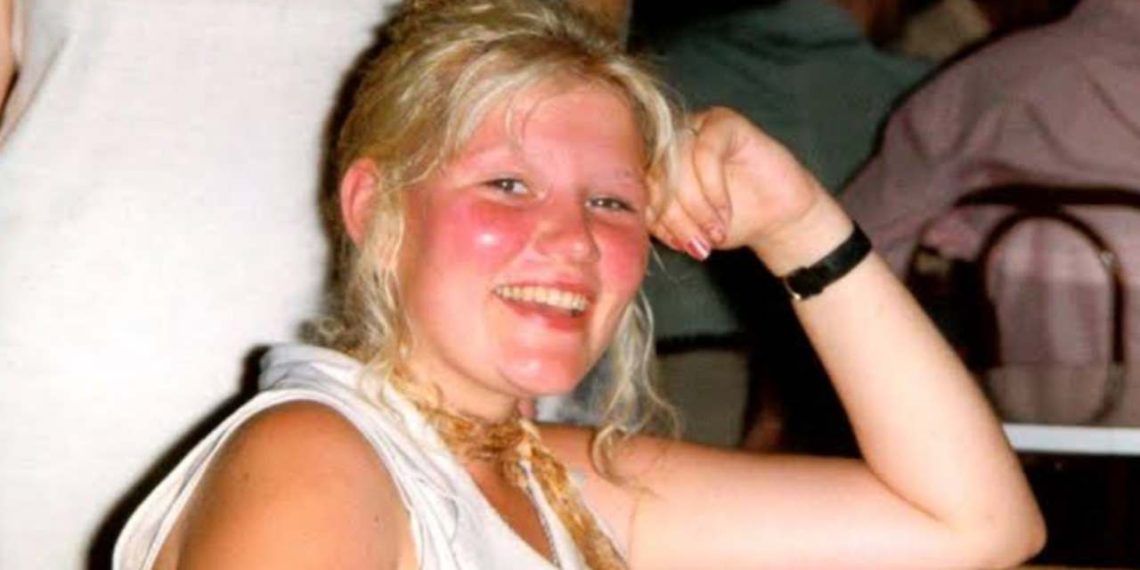Iain Packer has been sentenced to a minimum of 36 years in prison for the murder of Emma Caldwell in a secluded forest nearly two decades ago.
Emma Caldwell, 27, was killed in April 2005, a case that remained one of Scotland’s most notorious unsolved murders.
Law enforcement authorities have issued an apology for the mishandling of the initial investigation, acknowledging the failure to deliver justice to Emma and other affected individuals.
Emma’s relatives expressed their dismay, citing police negligence and a pervasive culture of misogyny and corruption that enabled Packer to continue perpetrating crimes, including sexual assault against other women.
The Scottish government has announced its intention to explore the possibility of conducting a public inquiry into the failures of the initial investigation.
The 51-year-old culprit was convicted of Emma’s homicide and faced an additional 32 charges, comprising 11 counts of rape and numerous sexual assaults against 22 women in total.
Packer was convicted of attempting to obstruct justice by discarding Emma’s body in Limefield Woods, South Lanarkshire, along with disposing of her belongings and committing indecent assault against her.
Emma’s remains were discovered in the woods in May 2005, five weeks after she was last seen in Glasgow city center.
In addition to his convictions, Packer was acquitted of three charges— one indecent assault and two sexual assaults—against three other women, with the jury delivering not proven verdicts.

This sentence marks the second-longest ever imposed by a Scottish court, trailing behind only the 37-year minimum term given to the World’s End killer, Angus Sinclair, in 2014.
During the delivery of the verdicts by the jury at the High Court in Glasgow, Packer maintained a stoic demeanor in the dock.
Meanwhile, in the public gallery, Emma’s mother Margaret Caldwell, aged 76, was overcome with emotion, shedding tears while being comforted by her relatives, as her daughter’s murderer was ultimately held accountable.
Speaking to BBC Scotland News, Mrs. Caldwell expressed a sense of relief, stating that she could now “breathe again” knowing that Packer had been convicted.
She added:
“When they found Emma’s body, and they came in and told me they had found her body, I just took this huge breath in and now I feel as if I can let it out.
“I can breathe again and go on. She will always be in our thoughts. She will always be there. She will always be my Emma.”
The family’s legal representative, Aamer Anwar, labeled Packer as “one of the UK’s worst sex offenders” and urged for a “robust” judge-led public inquiry into the initial police investigation. Anwar also accused certain officers of having “blood on their hands.”
In 2007, four Turkish men faced charges for Emma’s murder, but the case against them fell apart the subsequent year.
Mr Anwar added:
“A toxic culture of misogyny and corruption meant the police failed so many women and girls who came forward to speak up against Packer.
“Instead of receiving justice and compassion, they were humiliated, dismissed and in some instances arrested, while the police gifted freedom to an evil predator to rape and rape again.”
During the sentencing, Judge Lord Beckett remarked that Packer had
“pursued a campaign of violence and appalling sexual mistreatment of a very large number of women.”
The judge added:
“You have caused great harm to so many people as you indulged your pathologically selfish and brutal sexual desires.”
“He added that Packer preyed on the vulnerable and caused “extreme and enduring suffering for so many women and their families”.
The judge told the killer:
“You murdered a capable and compassionate, intelligent young woman who had planned to extricate herself from the difficult life she had been living”.
Lord Beckett continued:
“Emma was alone, in the dark, deprived of her phone and miles from any prospect of help”.
The judge expressed that Emma was taken from her family during a period when she was endeavoring to transform her life, emphasizing that she was slain in “truly terrifying circumstances.”
Lord Beckett added:
“For years you lied time and again before you were undone by your arrogance in thinking that you were in the clear and entitled to compensation from the police who had investigated you.”
He thanked the jurors, who took four days to reach their verdicts, for their “extraordinary service” during the six-week trial and excused them all from jury service for life.
During the trial, the jury visited Limefield Woods, the site where Emma’s body was discovered, allowing them to witness the remote location firsthand.

Emma had been residing in a Glasgow hostel when she vanished. She left home after grappling with heroin addiction and turned to prostitution to support her habit. Her mother, Margaret Caldwell, testified that she last saw Emma when she dropped her off at the hostel on Sunday, April 3, 2005.
Alongside her late husband, William, Margaret tirelessly searched for Emma in the weeks following her disappearance.
At 32 years old, Packer drove Emma to the secluded forest near Biggar, where he strangled her and disposed of her unclothed body. A significant murder investigation ensued following the discovery of Emma’s remains by a dog walker the subsequent month.
Over the course of two years, police gathered hundreds of statements while probing the murder.
Emma’s image was projected onto a derelict Glasgow block, and a reconstruction aired on BBC’s Crimewatch.
Initially, the investigation honed in on a Turkish café in the city, frequented by sex workers. A minute blood stain from Emma was discovered on a duvet, leading to the 2007 charging of four Turkish men.
However, the case unraveled when it emerged that conversations from a covert police surveillance operation had been misconstrued or mistranslated.
Police Scotland has since apologized for the mishandling of the initial inquiry by the then Strathclyde Police.
“Emma Caldwell, her family, and many other victims were let down by police in 2005. For that we are sorry,” the force said.
“A significant number of women and girls who showed remarkable courage to speak up at that time also did not get the justice and support they needed and deserved from Strathclyde Police.”
The Scottish government affirmed the significance of Police Scotland’s apology and expressed openness to conducting a public inquiry into the missteps.
First Minister Humza Yousaf intends to meet with Emma’s family in the near future.
Prior to his arrest, multiple women had raised concerns about Packer, noting his aggressive behavior and regular interactions with sex workers.
Packer’s history of soliciting sex workers began at 18, frequenting an area known as “the drag” to pick up women as often as his finances allowed. It was through this activity that he first encountered Emma.
Reportedly infatuated with Emma, Packer would actively seek her out, even intimidating other potential clients.
He had picked up Emma on multiple occasions, including trips to Limefield Woods. In 2004, Packer indecently assaulted Emma in Glasgow’s Barrowlands area.
During six separate police interviews following Emma’s murder, Packer provided varying accounts of his relationship with her. At one point, he led officers directly to the location where Emma’s body was discovered.
Former detectives involved in the investigation revealed to BBC Scotland News that senior officers instructed them not to pursue Packer as a suspect. Instead, the focus was on the Turkish men initially suspected of Emma’s murder.
Following the collapse of the case against the four Turkish men, the murder inquiry stalled until the lord advocate mandated the reopening of the investigation in 2015.
That same year, the Sunday Mail newspaper identified Packer, a former sign fitter, as a “forgotten suspect” in the case.
In 2018, Packer reached out to the BBC, seeking to present his perspective in an effort to vindicate himself.
Journalist Sam Poling interviewed him twice for the documentary “Who Killed Emma?”, which aired the following year.
During the murder trial, one of Packer’s former partners testified that he appeared “white as a sheet” following his second interview.
“You could see something had gone badly wrong. It was as if it was all closing in on him,” she said.
Just hours after the documentary aired, a woman contacted the police, reporting that she had been stalked and assaulted by Packer. He was subsequently arrested and sentenced to two years in prison after pleading guilty in February 2020.
In February 2022, Packer faced charges for Emma’s murder. Two years later, he stood trial, facing numerous charges of physical and sexual violence against women.
Police Scotland credited Emma’s family, particularly her parents William and Margaret, along with all survivors of Packer’s offenses, for their courage and determination, which led to the progress in the case.
Describing Packer as a “calculating sexual predator,” the police highlighted that the reinvestigation of the case was one of the largest inquiries in recent Scottish history.
Throughout the trial, Packer denied all charges, accusing the women of lying. However, he admitted during his testimony to indecently assaulting Emma Caldwell.
One of the most poignant moments during the trial was the testimony of a young woman who revealed being raped by Iain Packer, 11 years after Emma Caldwell’s murder.
She tearfully recounted the traumatic assault, which might have been prevented had Packer has been convicted for Emma’s killing during the initial police investigation.
Unfortunately, she wasn’t the only victim. Packer went on to commit sexual offenses against at least 10 women following Emma’s murder, highlighting the potential consequences of the initial failure to hold him accountable.
In the upcoming weeks, the lawyer representing Emma’s family intends to arrange meetings with Scotland’s prosecution service head, the chief constable of Police Scotland, and First Minister Humza Yousaf.
Aamer Anwar advocates for a fully independent public inquiry to thoroughly examine the past actions of both police and prosecutors.
Legal sources familiar with the case echo the sentiments of former detectives, believing there was sufficient evidence to charge Packer as early as 2007, merely two years after Emma’s murder.
The failure to focus on Iain Packer during the initial inquiry, especially after the collapse of charges against the four Turkish men, stands as a grave oversight in Scottish policing history.
It’s impossible to ascertain whether Packer would have been found guilty had he been prosecuted years earlier. He meticulously covered his tracks, and much of the evidence used against him in 2024 wasn’t available at the time.
Over 19 years, the investigation into Emma Caldwell’s murder processed more information than the Lockerbie bombing inquiry. Modern forensic techniques were employed, additional victims came forward following a BBC investigation in 2019, and the police tracked down individuals like the woman assaulted in 2016.
However, had Packer been convicted in 2007 or 2008, it would have spared Emma’s family years of anguish and prevented more women from falling victim to Scotland’s most prolific sex offender.




